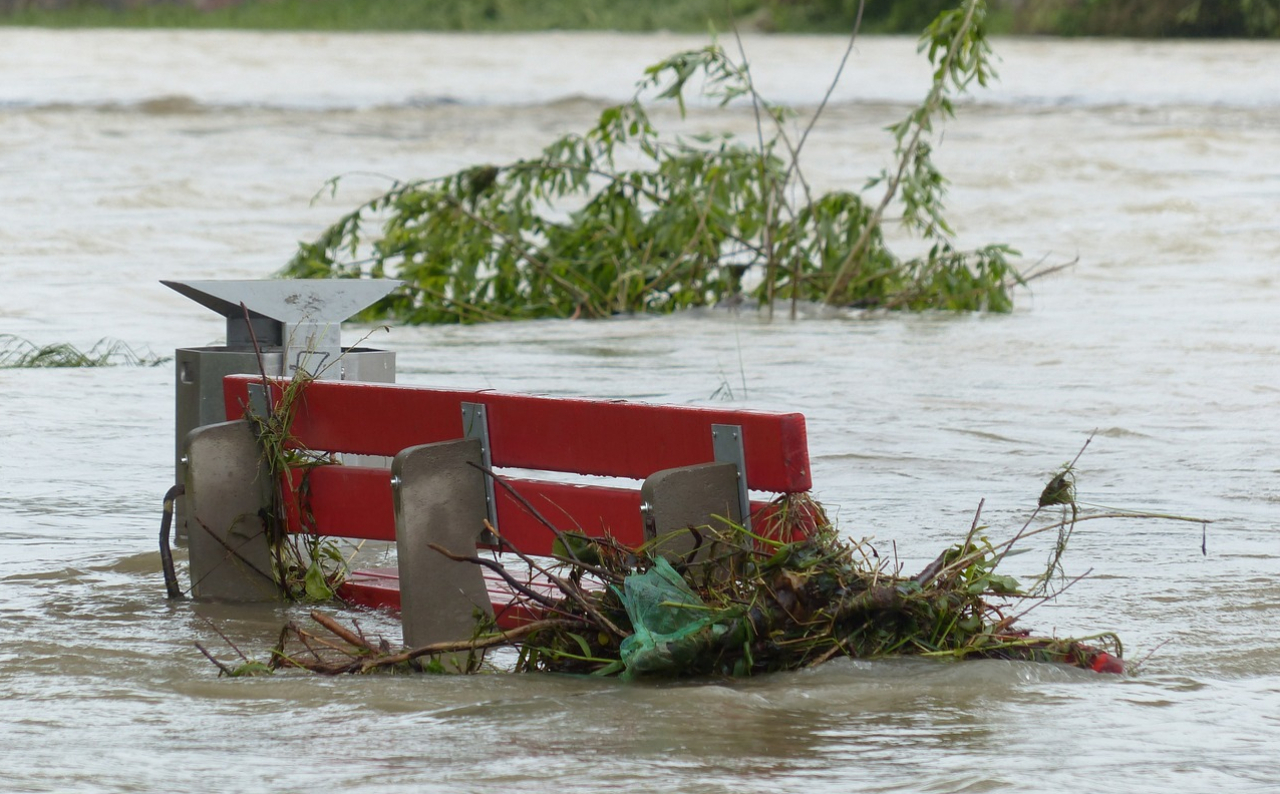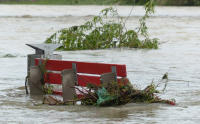What you will learn:
1. What are the main causes of the floods in Russia and Kazakhstan?
2.What actions have been taken in response to the rapid rise in water levels in the Ural, Tobol, and Volga rivers?
3. What stance have the authorities in Russia and Kazakhstan taken in the face of the disaster?
4. How are local communities responding to the evacuation and support of flood victims?
5. What conclusions can be drawn from these events for the future and the fight against climate change?
Alarming Rise in Water Levels
The situation in Orenburg, where the Ural River level exceeded 11 meters, is indicative of the scale of the problem. However, this phenomenon is not limited to just one region. Similar scenarios are unfolding along other major rivers, caused by rapid melting. Nature demonstrates a power before which humans stand helpless, and the effects of such disasters are felt both locally and internationally.
Evacuation and Silence of the Authorities
The decision to evacuate thousands of people, made in the face of life-threatening danger, posed a huge logistical and humanitarian challenge. Nevertheless, the response of the Russian authorities, led by President Putin, seemed not to be adequate to the scale of the tragedy. Similar criticism can be directed at the authorities in Kazakhstan, although President Tokayev there took steps to evacuate 86,000 of his citizens. Decisive and swift actions are necessary to remedy the effects of the cataclysm and ensure the safety of residents in affected areas.
Community in the Face of Disaster
Natural disasters, such as these floods, test not only the readiness and efficiency of state structures but also evoke a wave of solidarity among people. Local communities, NGOs, and volunteers mobilize forces to support the evacuated and flood victims. This social solidarity, manifesting in relief actions and support for those in need, offers a ray of hope in the face of inaction or insufficient actions by the authorities.
The Future in the Face of Changing Climate
The floods in Russia and Kazakhstan remind us of the need to adapt to changing climate conditions and invest in better warning systems and flood prevention infrastructure. It also serves as a warning to other regions of the world that may face similar challenges. This requires global cooperation and decisive action to protect the environment and reduce greenhouse gas emissions, which contribute to climate change and extreme weather phenomena.
These tragic events serve not only as a test for authorities and societies but also as a reminder of our shared responsibility for our planet and future generations.




















